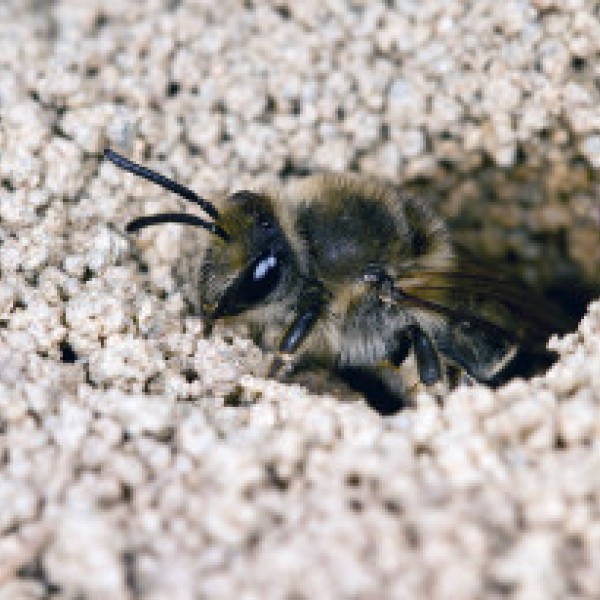The first was how best to help her students.
“Everyone is just stunned ..., obviously because of the coronavirus, but also because of their research suddenly stopping or slowing down,” said Wolfner, the Goldwin Smith Professor of Molecular Biology and Genetics in the College of Arts and Sciences (A&S). She has emphasized staying in contact with her lab virtually, to create a sense of community and support.
“The other thing that’s been hard has been trying to figure out what to shut down without forgetting something critical to maintain,” said Wolfner, a Stephen H. Weiss Presidential Fellow.
She and other researchers on campus have found that people are making extra efforts to help each other.
“Everyone is working together, pitching in to find solutions to problems as they arise,” said Scott Emr, the Frank Rhodes Professor of Molecular Biology and Genetics in A&S and director of the Weill Institute for Cell and Molecular Biology. “The atmosphere in the lab is very collegial and supportive.”
With universities across the country also suspending research, scientists have offered transition strategies on social media. Students in Wolfner’s lab also consulted friends at other institutions.
“Using that, we’ve come up with a plan,” Wolfner said. Her students canvassed lab members to determine what experiments were absolutely critical. A postdoctoral researcher made a shift schedule for the lab.
Laura Harrington, a professor of entomology whose research seeks to understand mosquito biology and use that knowledge to prevent them from spreading disease, has noticed small but meaningful acts of kindness. Students have made their own hand sanitizer and made it available. Entomology graduate students circulated a list of people willing to provide a room in their homes for students who had no place to go.
“I was really touched by people reaching out,” she said.







